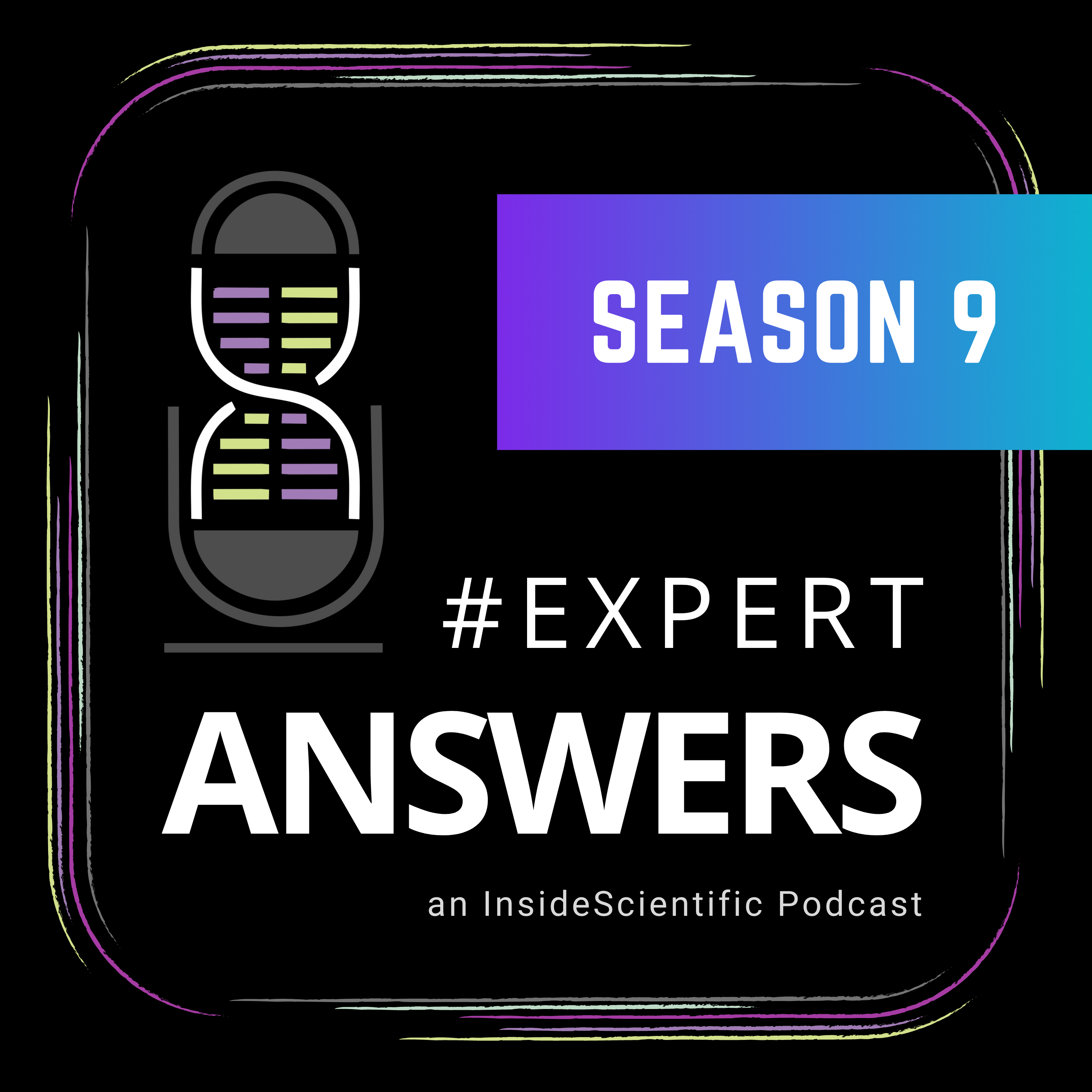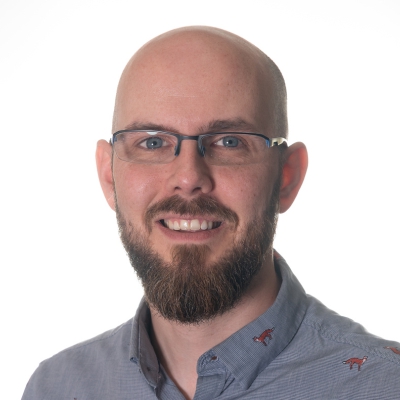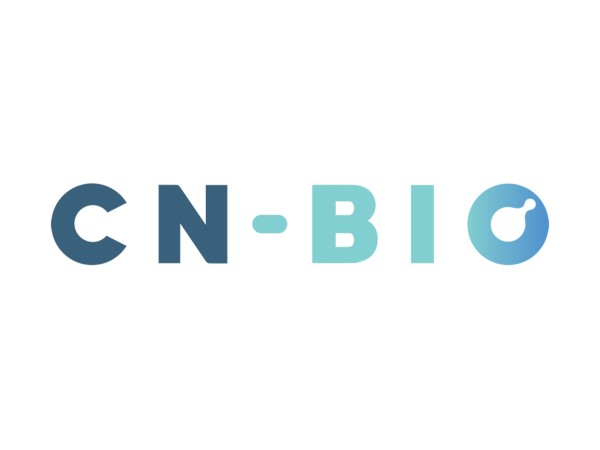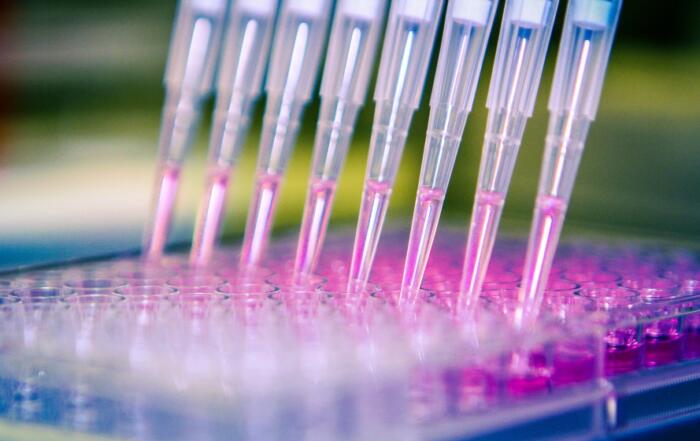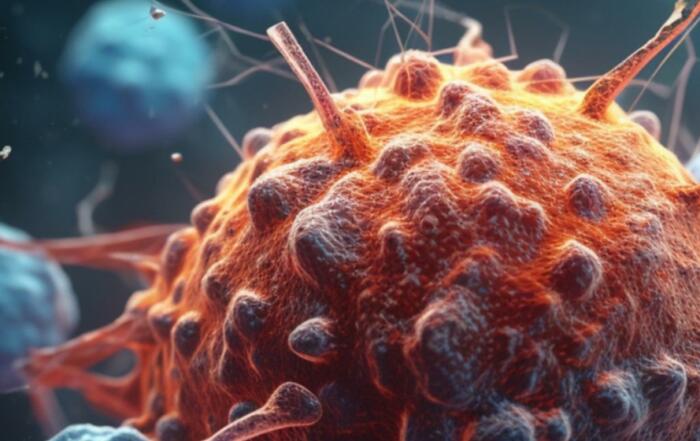Dr. Audrey Dubourg and Dr. Gareth Guenigault explore the value that an organ-on-a-chip approach can bring to drug discovery and development workflows, and how the regulatory landscape is shifting to encourage their widespread adoption.
The process of discovering new drugs is both challenging and inefficient. A contributing factor is the inability of traditional preclinical experiments to predict drug safety and efficacy in humans. To bridge the gap between traditional preclinical models and human studies, Organ-on-a-chip (OOC) advances towards the simulation of human biological conditions in the lab. The technology provides predictive, human-relevant data to facilitate more informed decisions about which medicines to take into the clinic. Its potential has piqued regulator interest and, alongside other new approach methodologies (NAMS), is driving regulatory change.
In this webinar, CN Bio’s PhysioMimix OOC Product Manager, Dr. Audrey Dubourg, and Lead Scientist Dr. Gareth Guenigault explore the value that an OOC approach can bring to drug discovery and development workflows, and how the regulatory landscape is shifting to encourage their widespread adoption.
Using Liver-on-a-chip as an example, the webinar explores how OOC technology supports researchers to uncover novel mechanistic insights into a broad range of biological processes, identify novel therapeutic targets, investigate drug efficacy, profile pharmacokinetics and flag potential toxicity. Case study data from pharma/biotech and our long-standing collaboration with the US FDA is presented to demonstrate how predictive OOC data is improving the efficiency of drug discovery.
Key Topics Include:
- What’s Organ-on-a-Chip (OOC) & how does it address the current limitations of preclinical drug discovery?
- The current regulatory landscape
- Liver-on-a-chip models & key applications: modeling disease, predicting drug metabolism, bioavailability, and toxicity
- How to use OOC to generate robust and reliable data that translates into clinical outcomes
- Key case study data with Pharma, Biotech, and the US FDA
- Accessing CN Bio’s PhysioMimix™ OOC range of products and services
Click to watch the webinar recording. To view the presentation full screen simply click the square icon located in the bottom-right corner of the video viewer.
Resources
Presenters
Lead Scientist
CN Bio
Product Manager
CN Bio
